Best of the reading year 2024
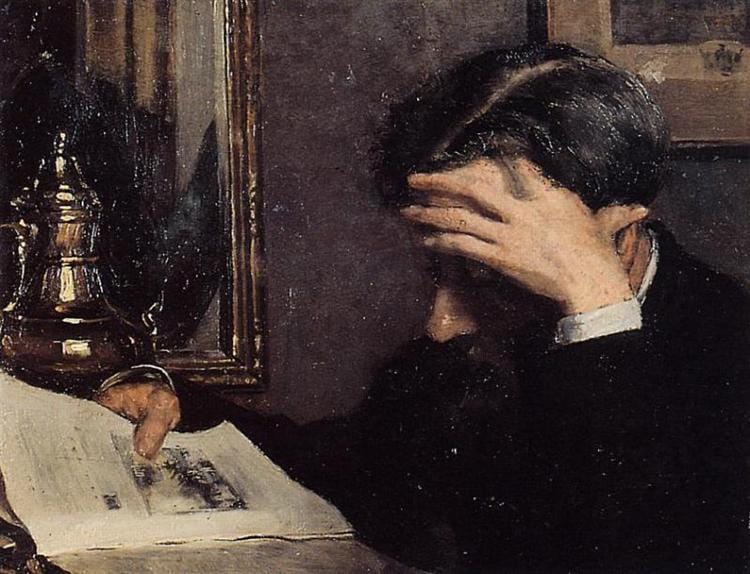
Dr Essai read 44 books last year, a bit of a down year quantitatively. But the good doctor spent an unusual amount of time in circumstances not conducive to reading, such as tramping about East Greenland. As one does.
To demonstrate that he can be as self-important as The New York Times, the doctor reviewed his list from 2024 to select the five best volumes from the year’s reading. For each, the first paragraph is what he said about the book at the time. The second is a more current comment. Should you be moved to purchase a book through the link to Bookshop.org, Dr Essai receives a cup of nickels for his referral. More importantly, you will be supporting an online book retailer that so far has contributed more than $35 million to independent booksellers. And is not owned by Jeff Bezos.
The five best, in the order they were read:
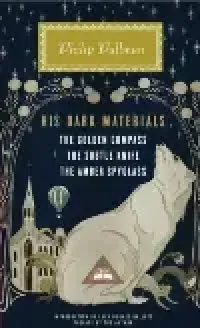
The Golden Compass, by Philip Pullman
Marvelous storytelling. Masterful in every aspect.
Well, that was succinct commentary, yeah? Philip Pullman endeared himself to storytellers everywhere when he said, “Thou Shalt Not is soon forgotten, but Once Upon a Time is forever.” On the doctor’s shelves are more than 25 books about the craft of writing and literary art. One of the few that he ever returns to is Pullman’s Dæmon Voices: On Stories and Storytelling. In The Golden Compass, the first volume of the trilogy His Dark Materials, Pullman entrances with a tale that employs a fantasy world to ask profound questions about this one.
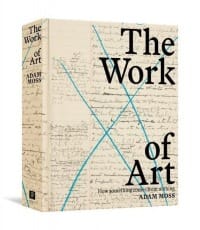
The Work of Art: How Something Comes From Nothing, by Adam Moss
If you are fascinated by creative process, this is the book for you. Moss sat with 43 artists of all kinds and got them to revisit the process of creating individual works. A feast.
Adam Moss has been justly acclaimed for his work as editor of The New York Times Magazine and New York. Books about creative process are common as pigeons. What sets this one apart was Moss’s canny decision to have artists of every sort be specific about individual works, generating universal observations from the particular. A great pairing would be The Work of Art with Rick Rubin’s The Creative Act: A Way of Being.
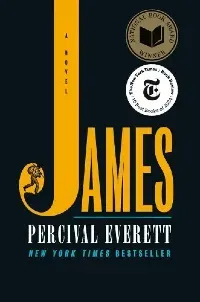
James, by Percival Everett
Superb retelling of Twain’s Huck Finn from the perspective of the runaway slave, Jim. By turns funny, sly, devastating, and enthralling.
Everett has been picking up serious readers at an ever-greater pace the last few years, and no one deserves them more. His storytelling verve matches his nerve in rewriting The Adventures of Huckleberry Finn from the vantage point of Nigger Jim. The novel is subversive, funny, and harrowing page by page. One imagines Mark Twain reading it with delight and gratitude.
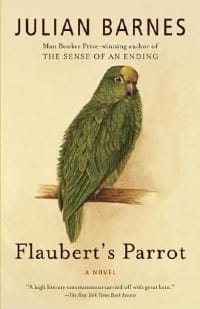
Flaubert’s Parrot, by Julian Barnes
This is my third Julian Barnes, and I’ve become a fan. Superb prose, exemplary intelligence, creative verve, he brings it all. Flaubert’s Parrot is a nearly plotless novel about a retired doctor and amateur Flaubert scholar in France to visit various landmarks and think about his favorite author. Sounds like thin material, but not in Barnes’s hands.
One measure of literary artistry is an author’s ability to write a novel that demonstrates deep knowledge without showing off, and makes apparent the writer’s intelligence in a way that never obstructs the story or feels like preening. To read every book from Barnes’s pen would be a worthy program. A fine mind in service to a fine literary sensibility.
Dr Essai once met Julian Barnes. The conversation did not go well.
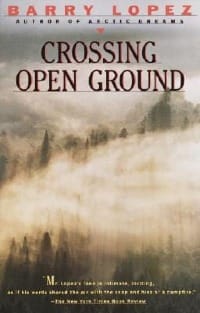
Crossing Open Ground, by Barry Lopez
There has never been a better essayist about nature and our response to it. A superb collection.
An editor once asked Dr Essai if he would be interested in writing a profile of Barry Lopez. I can start tomorrow, replied the doctor. Alas, the project never worked out. No one has ever been more attentive to light and the visual world than Barry Lopez, or more gifted at turning what he saw into glimmering language.
For the above to be a shortlist, there had to have been a longlist, and yes, there was. Here are six other books that merited consideration for the top five.
- Feed Them Silence, by Lee Mandelo
- The Weight of Ink, by Rachel Kadish
- Store of the Worlds, by Robert Sheckley
- The Coldest Warrior, by Paul Vidich
- Istanbul Passage, by Joseph Kanon
- Family Record, by Patrick Modiano
Two of the six could be labeled speculative fiction, and two others are espionage novels, reflecting the doctor’s fondness and regard for genre fiction.
What were your best of last year? Tell us in the comments. Be candid, we won’t judge. Well, we will, but discretely. You will never know.
Member discussion